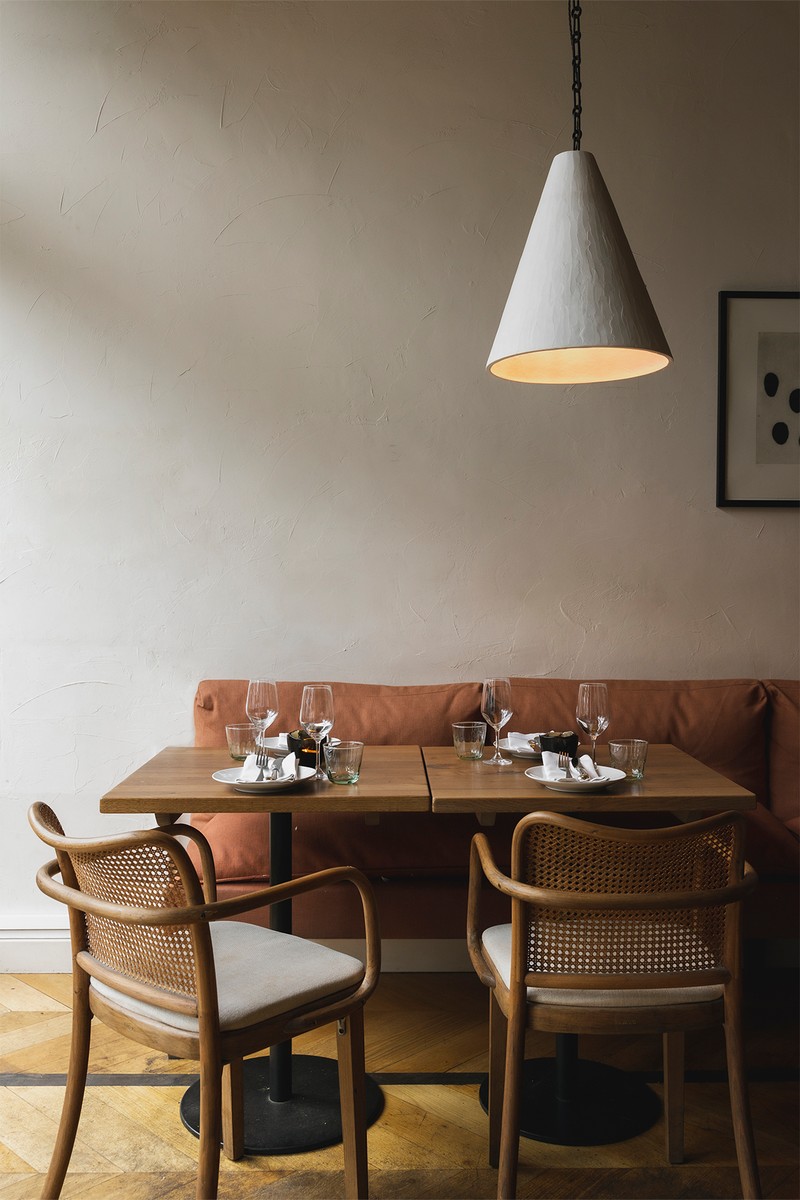How I Made It… Chef Jackson Boxer
I didn’t ever have a plan to get into cooking. I had a huge appetite for life when I was young, and I was very excited by the world and interested in lots of different things. I was always a greedy child and was delighted by food and took great pleasure in cooking. The only thing about growing up that I was slightly terrified over was having to commit to a path. I slightly fell into cooking in as much as I had odd jobs working in and around food when I was a teenager to make money, but it was only when I left university having studied English literature – which didn't necessarily do anything other than reinforce my interest in lots of different interesting and beautiful things – that I got a job cooking professionally.
I fell in love with it – but wasn’t sure it was what I wanted to do forever. I tried doing other things – running a small art gallery for a while, writing for different publications – but nothing held the same fascination. Nothing was as exciting or rewarding as cooking and life in a professional kitchen. The more I think about the other things I could have done with my life, the more I think that there's actually nothing more wonderful and meaningful I could have done.
One of the nice things about this industry is there's a fairly low barrier of entry. If you can find a space you can cook a meal in, you can serve people food, charge them a fair price for it and if they like it, they'll come back. When I was starting out, the phrase ‘pop-up’ hadn’t been coined. I was very supportive of my brother when he opened Frank's Café in Peckham. That was a huge success and I think the enormous impact my brother made with Frank’s gave me the confidence to look to do something myself. When Lassco, the landlord of Brunswick House, offered me the opportunity to take the space for an initial six months, even though I was completely unqualified to do it and totally inexperienced, it didn't feel like a stupid, foolhardy or idiotic thing to be doing. I think if I'd have known that I'd still be doing it 13 years later, I probably never would have taken it on! I think the idea that it was only going to be six months of my life was what made it attractive.
But you don't always get to make your own story and sometimes things take on a power of their own. The crash of 2008 obviously had a destabilising effect in many ways, but it also created an enormous sense of opportunity. Lots of great things start in periods of recession, and when other things start shrinking, the space they leave behind creates opportunity for new things to start. Lassco had been trading in London for years and I think 2008 was a bit of a blow to their trade in large ornamental chandeliers and fireplaces. But their desire to see something else come in and share the space with them was an amazing opportunity. Brunswick House didn't start out as it is now – it was a 10-seat counter where I just served coffee and sandwiches. It was about a year until we got our alcohol licence. Once that happened, I did a simple evening menu because I only had a small oven and a hob to work with – homemade sausages and lentils, terrine and toast, grilled sardines on toast and… something else on toast! I think that was the full extent of the menu in those days and we charged what we could.
The economics of restaurants are not kind to people who don't charge high prices. But I grew up in a London where for a brief, beautiful window restaurants felt very democratic. They felt like they were for young people and for old people; they felt affordable; they felt progressive. One of the great misfortunes of the last few years – since Brexit and the pandemic and the rise of inflation and the curse of massively overinflated private rents – is that London is a much less supportive environment for young people. I'd be very sad if I ever had to put my prices up, especially at Brunswick House, and young people no longer felt able to afford to eat here.
What's the point of having a big, beautiful dining room if it's not full of a broad array of people? The great restaurateur Jeremy King is always very clear that he expects rich people and their taste in caviar and champagne to subsidise the lunches of young people who want to sit in a beautiful room and eat sausage and mash. I really like that Jeremy says that in a completely uncompromising way because if you only charge high prices, you create sterility and take away the fun, democratic element of dining rooms – which is what makes them so enjoyable to sit in in the first place.
2023 was a good year. I loved being involved with the relaunch of Cowley Manor in the Cotswolds and I'm enormously proud of The Corner at Selfridges. To see that beautiful dining room on the second floor humming with people eating my food is a joy to see. What I’ve liked about both projects is that they’ve given me an opportunity to cook for a completely different audience in totally different environments. At Cowley, it’s not just the restaurant – it’s the fact it’s out in the middle of the countryside and I’ve been able to plant a garden there and add beehives. It’s given me the opportunity to write breakfast menus, room service menus and a menu for the spa. Then there’s Selfridges, which is such an icon of London. It’s obviously hugely successful as a destination for fashion, furniture and all those things that makes life pleasurable, but it was a shame that they didn't have at least one dining destination that was reflective of contemporary London food. It’s been an enjoyable challenge to take everything that I find fascinating and exhilarating about contemporary London food culture and then contextualise it in a way that makes sense both within the very specific location of a luxury department store, right next to the women's fashion department, but also for an audience who aren't necessarily from London. I loved answering the question: how do you write a menu that flies the flag for progressive contemporary London cooking, but is explicable to a teenager from Singapore or a grandmother from Qatar?
I love London. I was born here, I've lived here my whole life, I've constantly tried to escape it and it's always pulled me back in. While I don't love everything about it, I have a deep-seated belief that it's beholden on me as a Londoner that if I don't like everything that’s changed about London, I have to build something alternative. Having the opportunity to build something that reflects what I love about London in Selfridges, an iconic landmark of the West End, was one of the greatest honours of my career, and to see it take off and thrive has been such a rewarding process. In the restaurant the other day, I saw an exquisitely dressed, beautiful elderly woman wearing the most immaculate silk headscarf I've ever seen enjoying a cup of tea and our potato cake covered in cod’s roe by herself. I went to check in with her and she told me it was her third day in a row eating there and she’d thought everything was beautiful. As much as I love Brunswick House, the chance of this woman finding herself in Vauxhall three days in a row is very hard to imagine. I felt immensely proud in that moment to have done something that I felt was very reflective of what I think is good, interesting and beautiful about food.
I'm very hesitant to give business advice because I'm not a conventionally successful businessman. My restaurants have never made anyone rich and at the current rate they're probably not going to. I'm incredibly lucky – I have my children, I can pay the rent, put food on the table and I enjoy my job. Maybe I will make money in time, maybe I won't, but I think in the meantime, I have a sense of longevity and still really enjoy my work. Yes, it would be nice to have a bit more cash – I'd probably stress about things a bit less – but there's nothing that money can buy me that would make me happier than I already am. The thing that I’ve found over the years, and this is quite a conservative feeling on my part, is that whenever I've got carried away and tried to make money by putting the prices up or trying to think about profit, things have always gone completely in the opposite direction and alienated people – they spend more money, but they come less frequently. Whereas whenever I focused on what I love about this job, which is making as many people as happy as possible, while also investing as much care, love and attention into what we do as possible, we’ve succeeded.
So my business lesson is to stick to your values. Try and leave the world a better place, and try to make sure you're not having a negative impact on anyone. At all my restaurants, we make sure we're working directly with farmers who are deeply invested in regenerative agriculture, make sure we know the names of all the fishermen who go out on small boats to catch fish on the line, and try to make our food a reflection of that. These are the things to pay attention to as a restaurateur, alongside looking after your teams and making sure that everyone who comes into the building – whether that’s a member of staff or a guest – feels like they're in a caring, loving environment. For me, that's why we survived the pandemic, why we're still going, and how we were able to build from nothing to having four restaurants.
Nothing is worth obsessing over. I used to beat myself up if things weren't good enough and this used to be source of great tension and anxiety. Maybe that’s something that’s okay when you’re young and haven't yet figured it out, but I’ve found it very liberating as I've got older and realised that actually the seriousness with which I take my work is not expressed best through anger or intensity. It's better expressed through love, warmth and generosity.
I lived a lot in my 20s. I barely slept, I went very hard, and it was enormous fun. But then it stopped being fun and I became very unhappy. It took me a while to realise there was a different way to live. For a long time, I was a very unhappy person. I was very driven and very energised, but largely it was to escape from my unhappiness. Now, I can be happy in my own company and I have an appetite for life. Unfortunately, I'm not blessed with a huge amount of time right now. That’s why I'm quite strict about taking most of the weekend off, because while I'm very proud of everything I'm doing in the moment, my biggest fear is missing out on my family’s childhoods. My greatest pleasure is being out and about with my kids and wife, just being together as a family. I don't have many selfish pleasures these days – they’re mainly very sedentary ones. I listen to music, I read, I look at art and watch films. I don't even eat out very much anymore compared to my 20s. The thing about working around food all day is that you very rarely get hungry!
There are always things in the pipeline because I'm a dreamer and I'm always plotting new things. But because all my dreams are quite grandiose and complex, 99 times out of 100 they don't pan out. Every so often, though, they come together. Sometimes they come together in sequence, like Cowley Manor and Selfridges opening in quick succession. At other times, I'll go several years without managing to realise anything. Launching restaurants requires a huge investment of creative energy, will, love and care, and an enormous amount of anxiety and stress. The only reason to launch one is if you think you’re going to do something special and unusual. I don't feel any obligation to do it, I don't feel any pressure to do it, I have nothing to prove by doing it – I simply do it because it’s another form of play. I'll stop at nothing to make these dreams a reality, but if circumstances mean I can't follow through on them, unfortunately that's just the nature of having unusual tastes and interests. I want to do things that seem improbable and implausible, because when they work, they’re incredible.
Follow Jackson on Instagram here – and visit BrunswickHouse.London, Orasay.London, Selfridges.com or CowleyManorExperimental.com to book a table and try his food.
All products on this page have been selected by our editorial team, however we may make commission on some products.
DISCLAIMER: We endeavour to always credit the correct original source of every image we use. If you think a credit may be incorrect, please contact us at [email protected].
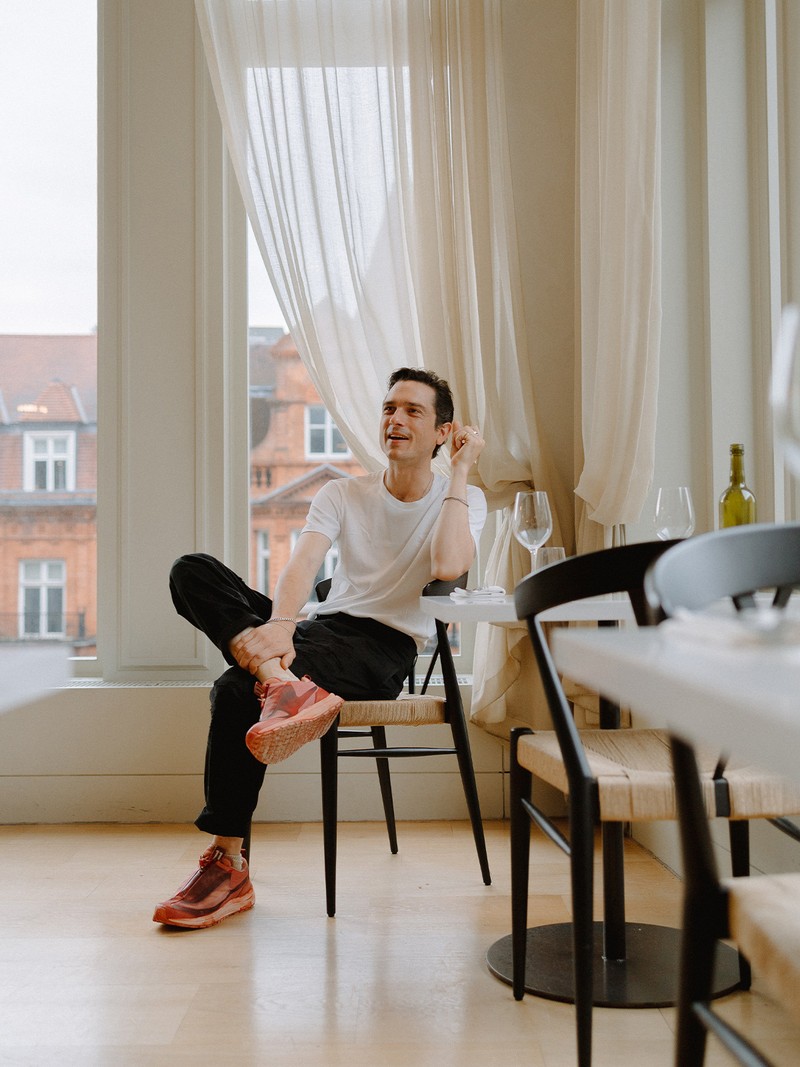
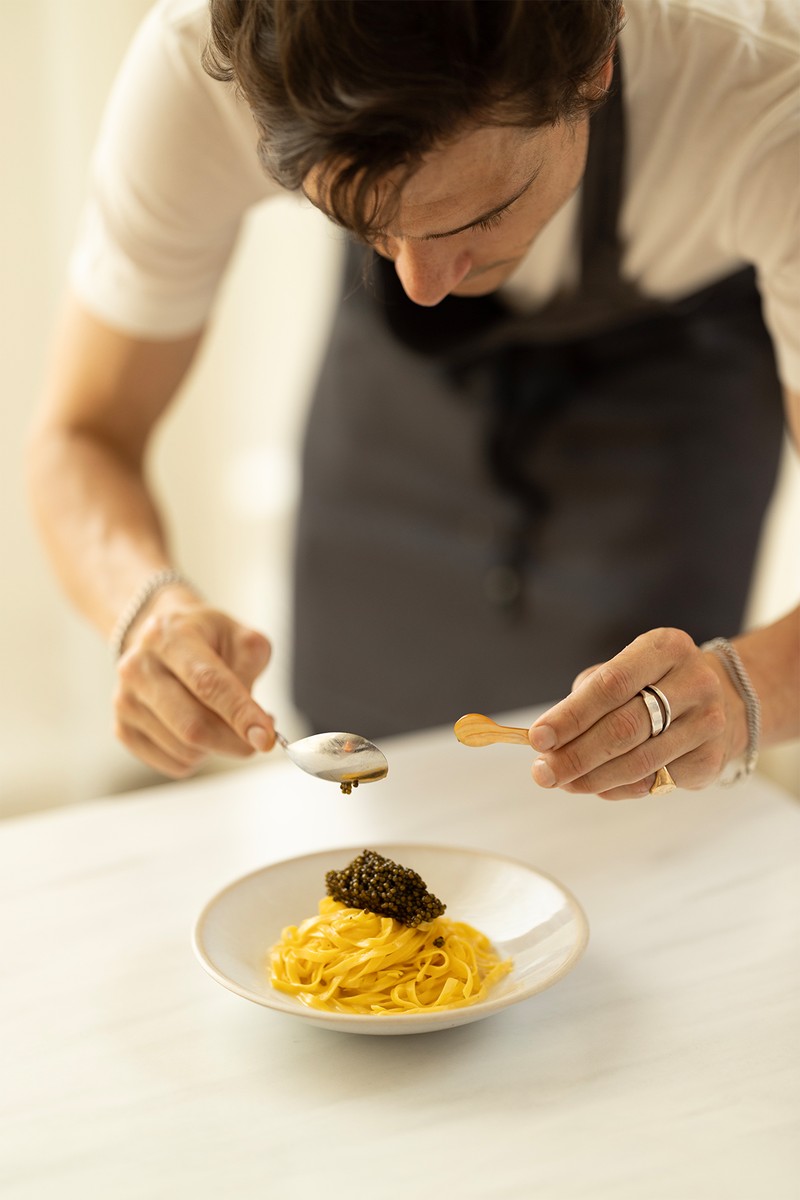
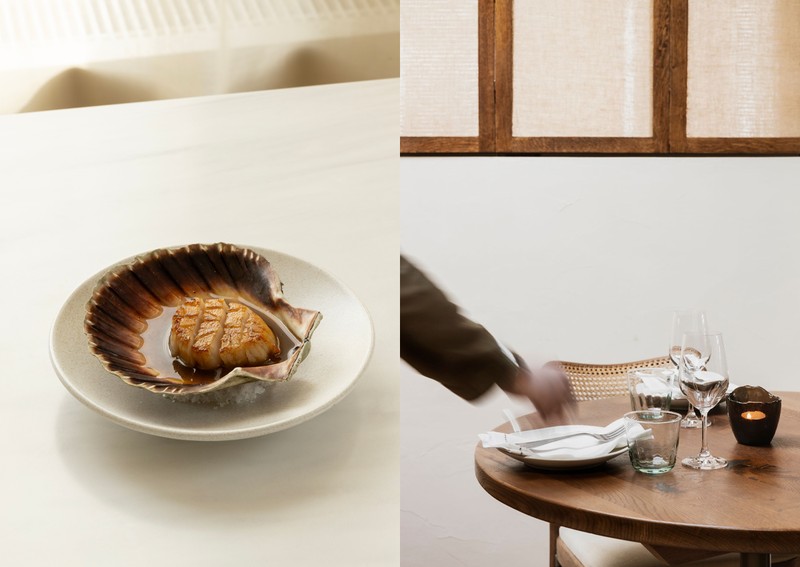
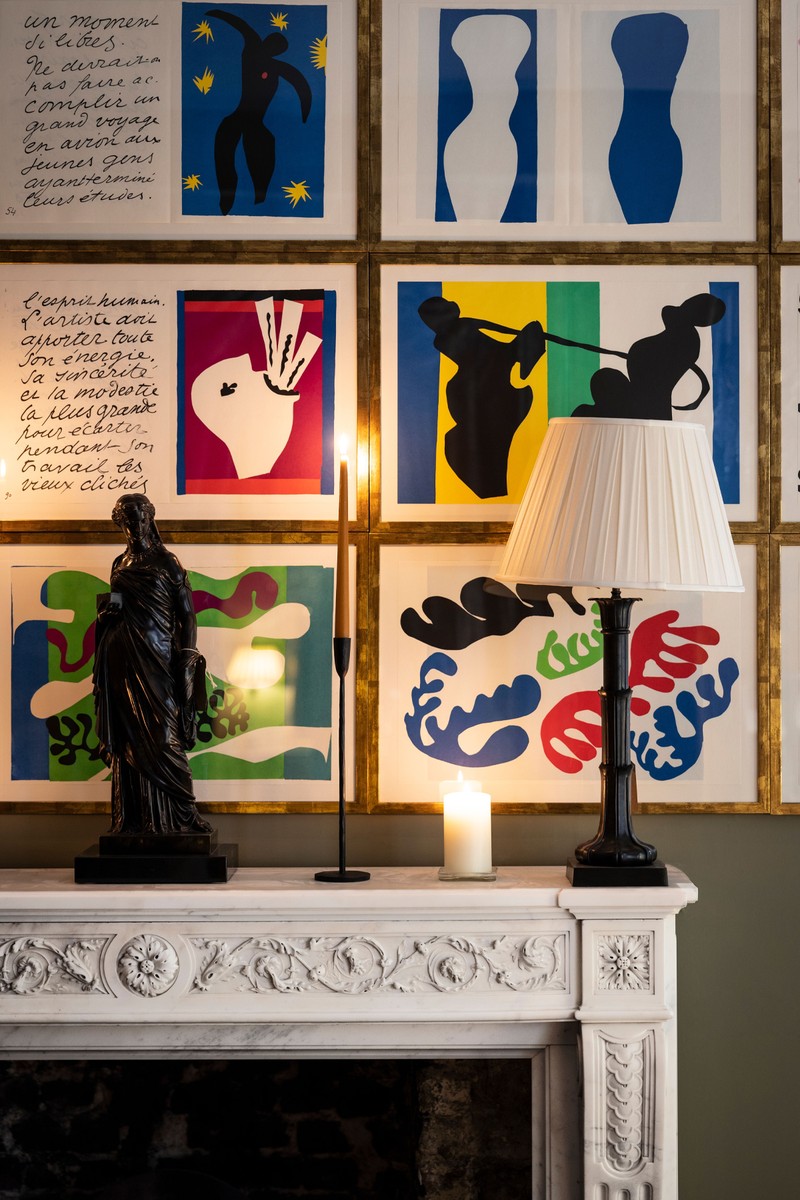
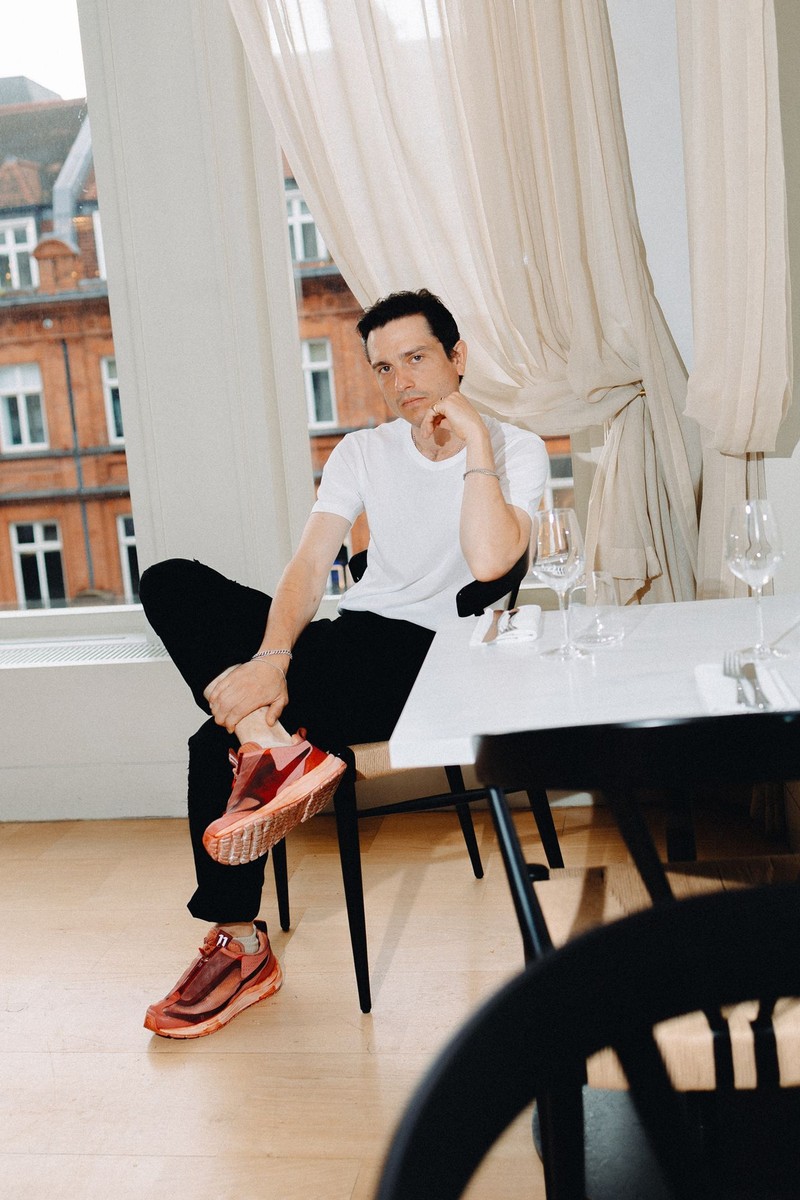
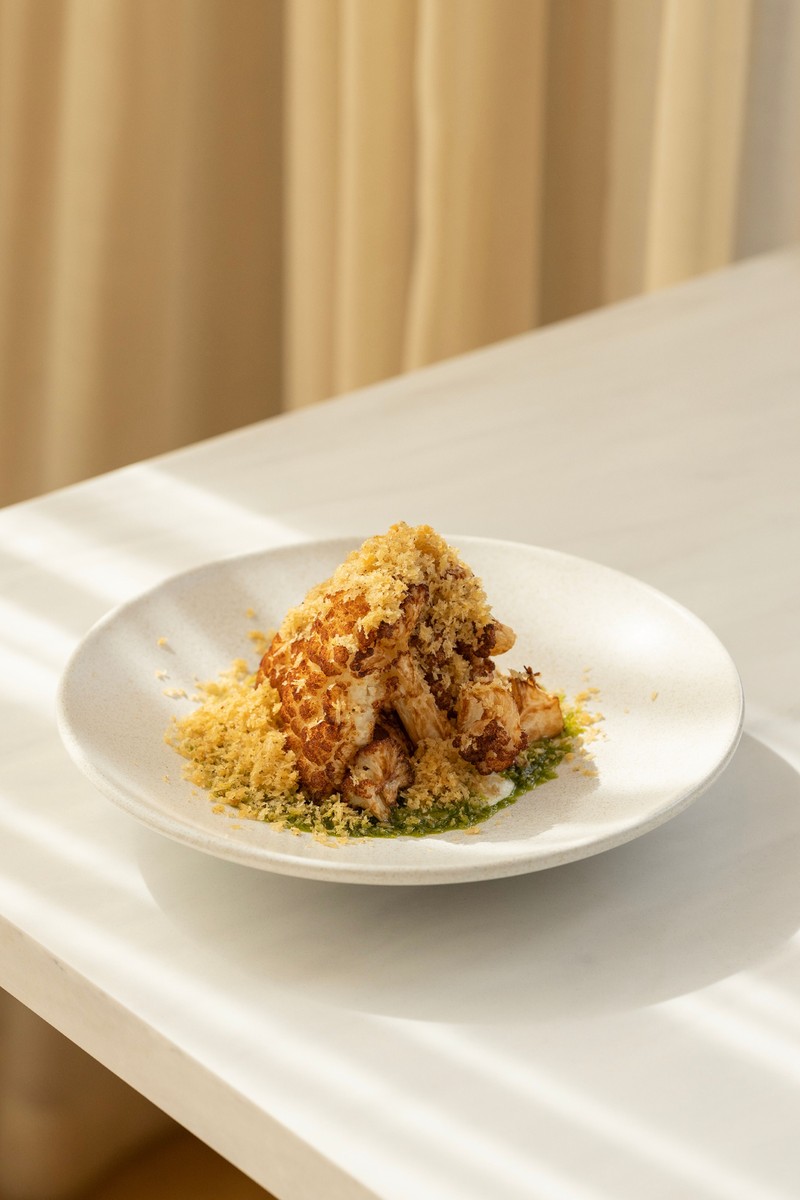
/https%3A%2F%2Fslman.com%2Fsites%2Fslman%2Ffiles%2Farticles%2F2024%2F01%2Fslman-jackson-boxer-brunswick-credit-alexandra-baxter.png?itok=faBr3_ry)
